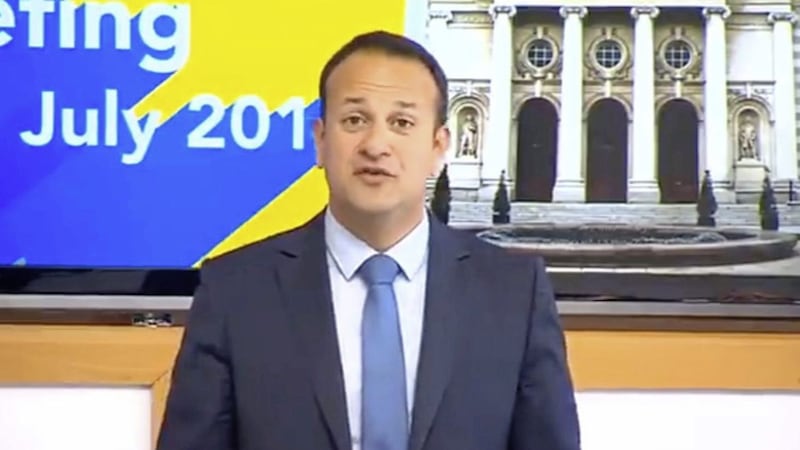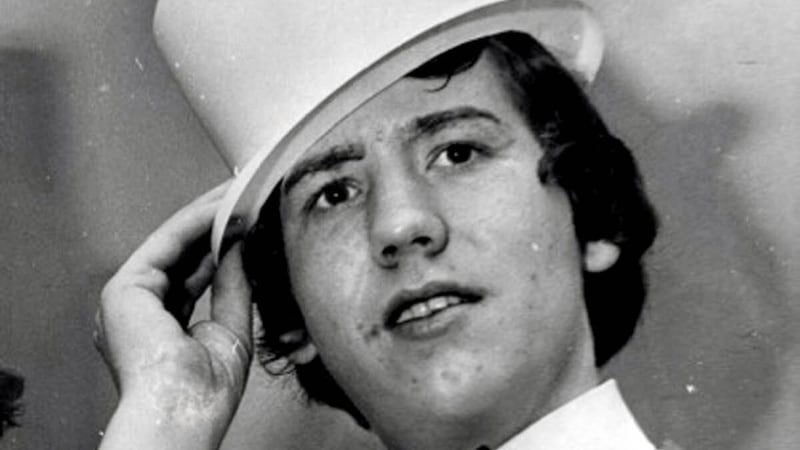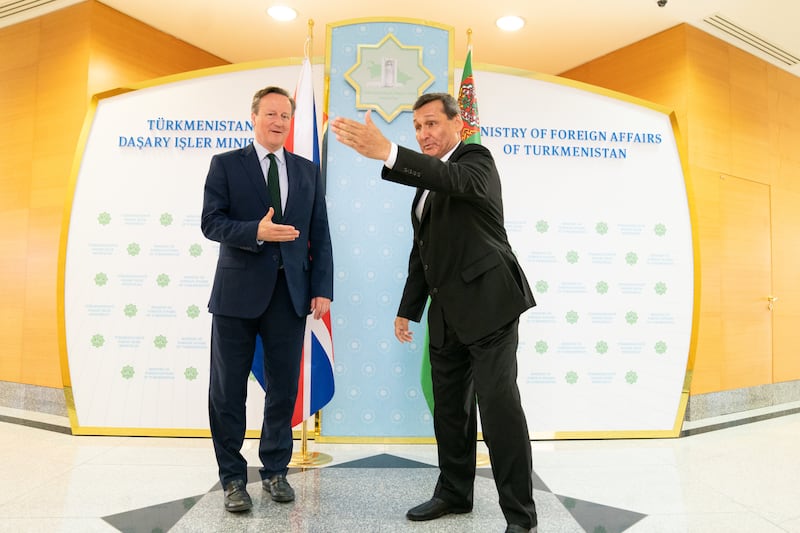THE British government has long been accused of making up its Brexit strategy as it goes along. There is also growing concern that its approach lacks the necessary urgency.
Few foresaw how David Cameron’s bid to quell Eurosceptic dissent in his party would lead to such seismic political upheaval.
And nowhere will the tremors be felt more than on the island of Ireland, which risks becoming the collateral damage in an ill-thought-out effort to reorientate the UK.
Brexit presents difficult questions for Ireland north and south but so far there have been no answers – never mind ‘Plan B’, there isn’t even evidence of a ‘Plan A’.
It is frustration with this ‘seat of the pants’ approach that Taoiseach Leo Varadkar appeared to be articulating on Friday.
Enda Kenny, perhaps mindful that his time as taoiseach was coming to an end, didn’t feel the need to spell out a few home truths to the British. His successor, however, may have been forced to conclude that reticence doesn’t work.
The taoiseach’s remarks about not creating “a border for the Brexiteers” are regarded as a hardening of his position but it’s as much about the tone as the substance. It’s the kind of straight talking that’s required when faced with a such a potentially catastrophic outcome for Ireland.
The DUP reacted with predictable outrage to reports of a ‘sea border’ around Ireland but should be angry also with its Tory allies who so far have offered no viable alternatives.
Rhetoric about “seamless and frictionless borders” and “no new barriers” is all well and good but workable solutions are required.
Questions about how the Common Travel Area would continue to operate unhindered if a frontier was imposed across Ireland were raised by this newspaper and others during last year’s referendum campaign.
More than a year on, the same questions remain unanswered. In the absence of solutions that satisfy the prevailing political and economic will on the island, one of the few logical outcomes is that it may be best to concentrate customs and immigration checks at locations where they can be best managed – ie various gateways to Britain.
Meanwhile, Stormont’s input into this important debate is muted because there is no executive.
It’s easy to suspect that at least one of Stormont’s two biggest parties is relieved that it doesn't have to deal directly with all the flak Brexit brings. The DUP advocates a “frictionless border” but the party is also precious about unhindered movement to Britain. It is also averse to regional ‘special status’, in name at least.
As a cross-border party Sinn Féin should be capitalising on ‘Project Fear’ becoming a reality in Ireland but being locked in negotiations north of the border renders it largely impotent.
That leaves Secretary of State James Brokenshire to argue Northern Ireland’s case, with input from the DUP.
The perfect storm is gathering on the horizon and the north is glaringly exposed.








